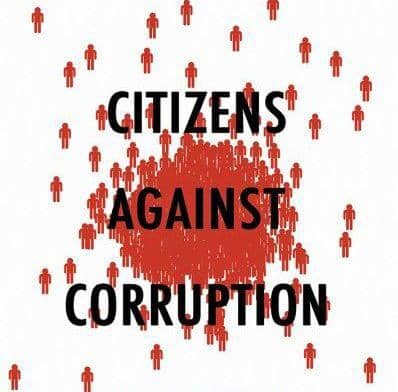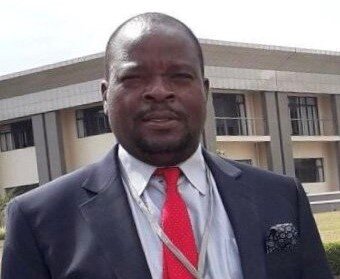
Concrete ways in which individual citizens may contribute to the fight against corruption include reporting on corruption to the authority or through the media, and supporting training programmes and sensitization campaigns that aim to create a culture of integrity and zero tolerance for corruption.
Speaking up and making a complaint helps to: expose corrupt activities and risks. keep the public sector honest, transparent and accountable. stop dishonest practices.
Functions and duties of anti corruption bureau include: To organize trap/raids for red handed arrest of corrupt public servants. To conduct inquires against allegations of corruptions. Investigating of criminal cases of corruption/cheating/fraud etc. referred to it by the State Government.
We can fight against corruption. Four main approaches to preventing corruption are highlighted: (1) value-based approaches; (2) compliance-based approaches; (3) risk management approaches; and (4) awareness and participation-based approaches.
It’s important to fight corruption because it erodes public trust in systems and institutions”. Corruption hinders peace, security and economic development and impacts areas such as business, sport, access to justice and education. It also weakens the rule of law and democracy, and undermines human rights.
Fighting corruption is key to good governance. Civil society has a role in fighting corruption. More concretely, anti-corruption roles of CSOs include education, research, monitoring, awareness-raising, advocacy, mobilization and organization, and the promotion of private prosecutions where possible.
It is valuable to fight corruption. We can combat corruption in our society. Accountability has a role in fighting corruption. Accountability can reduce corruption and other abuses, assure compliance with standards and procedures, and improve performance and organizational learning.
Should a leader become corrupt, there is no possible way to extinguish corruption from a leader, as the only method to permanently remove is by dismissing them from service. Chief Judge is the only political leader that can reduce corruption gain.
The broad objective of anti-corruption is to investigate and explain the factors that promote or hinder the development of effective anti-corruption policies and impartial government institutions.
A strong anti-corruption stance helps to prevent monetary fines, loss of contracts, debarment from lucrative markets, criminal liability and/or negative press. There are also ‘softer’ penalties a company can forestall, such as the cost of time to investigate and remediate corruption issues.














